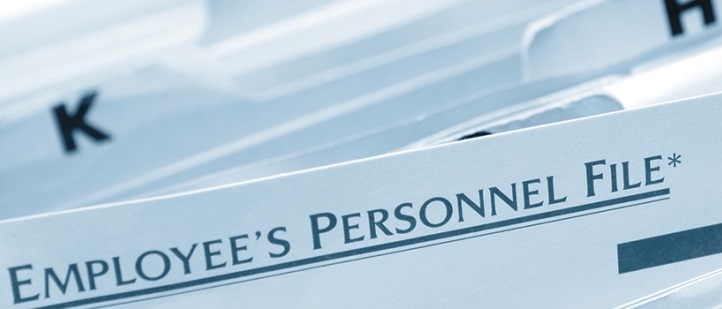Employee Record Retention Requirements

Any business larger than a sole proprietorship will need to know and follow all employee record retention guidelines. As a business owner, it is going to be your responsibility to keep and maintain records for all your employees. Although not the most exciting part of owning and running a business, this is a critical aspect that can not be overlooked.
Similar to other document retention guidelines, federal, state and local governments will have different requirements for human resources and employee records. These guidelines are in place to protect businesses from potential wrongful termination lawsuits and other similar repercussions. Here are a few guidelines to help ensure employee records compliance.
Hiring Records
It is recommended when you hire for a new position; you keep all hiring paperwork, including applications, resumes, and other documentation, for a year after filling the position. This is because there are laws in place, such as the Americans with Disabilities Act and Title VII, that require employers to be non-discriminatory in hiring processes. By keeping all applications and resumes on file, you can protect yourself if you face a lawsuit from an applicant who did not receive a job.
Payroll Records
Payroll records are a measurable way to show that employees are fairly compensated for the hours they work. Additionally, these records prove that you are paying employees in compliance with overtime and minimum wage requirements. The current law states that you need to keep and maintain these records for all non-exempt employees for three years. Employees can choose to file a lawsuit for any back pay they are owed. For terminated employees, it can be beneficial to keep payroll records for up to five years following termination.
I-9 Forms
I-9 forms are used to prove that employers verified that an employee is eligible to work in the United States. In addition to verifying employment eligibility, employers are required by law to keep this form on file for three years after hiring an employee or one year after termination—whichever date comes later. You are also required to store this document separate from all other personnel records.
Separation Paperwork
Following the termination or separation of an employee, you’ll want to be sure you keep all paperwork related to the incident. Doing this is beneficial if a wrongful termination case arises. Keep all resignation letters and exit interview paperwork for a minimum of three years, and all separation paperwork for five years.
Employee Tax Records
It is recommended per the IRS record retention guidelines, to keep all employee tax-related information on hand for four years. If audited, you’ll need to have a record of the taxes paid on behalf of all employees. Within these records, you should include all wages, pension payments, tip information, W-2 and W-4 forms, and any other related information.

